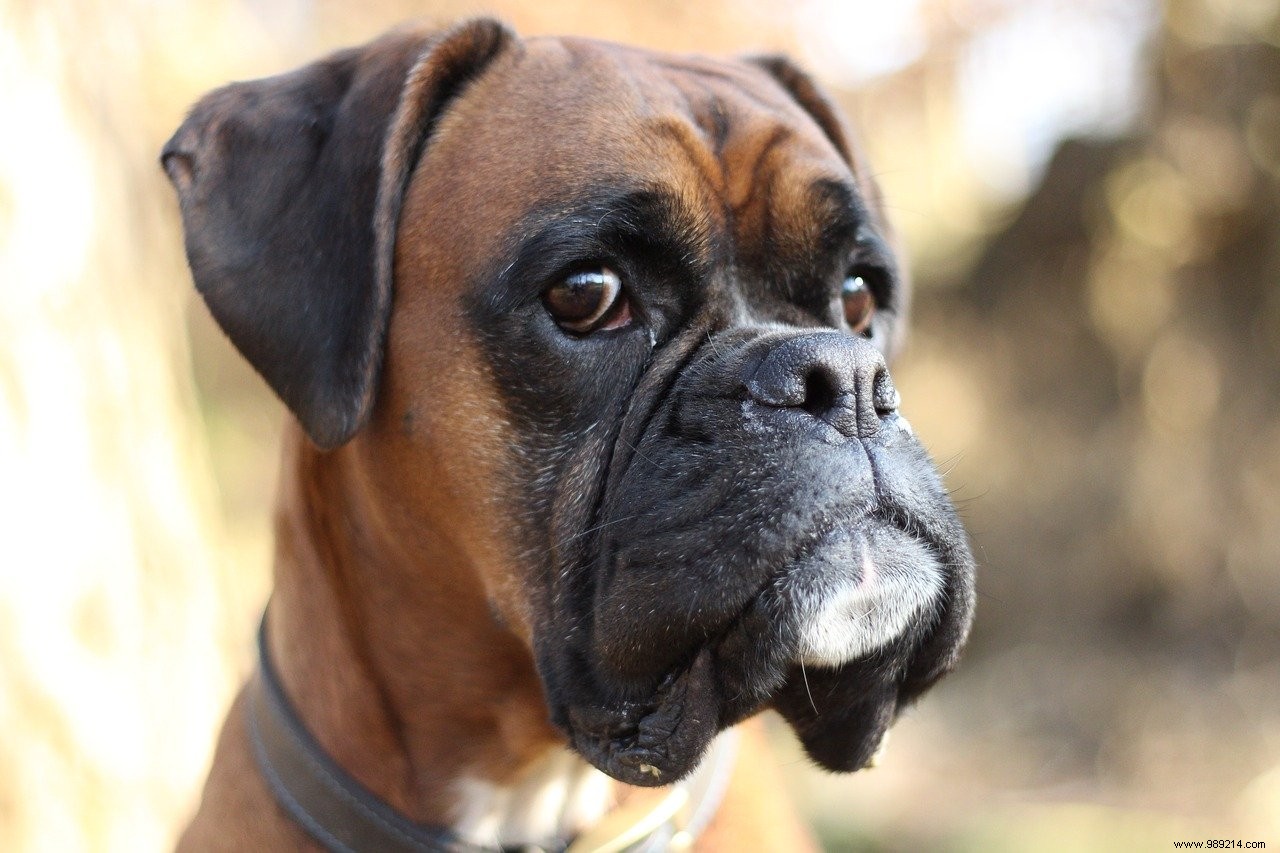Dogs and other animals often lick their scratches and other abrasions. But why do these animals heal their wounds in this way? The answer largely lies in the self-soothing actions of licking and the healing properties of saliva. However, it's not perfect.
Dogs are one of those many mammals that lick themselves when they have an open wound. It is above all an instinctive response allowing to soothe irritation and pain related to the injury. Kind of like, "it's kind of like how you might rub your foot after you've kicked yourself “says Dr. Kristi Flynn, veterinarian and animal behavior expert at the University of Minnesota. "You may also squeeze your arm or hand if you get burned ". Licking also allows the elimination of debris , such as dirt or pieces of skin.
Beyond the immediate attempt to soothe pain, research also points out that the saliva of certain animals has antibacterial properties promoting the growth of tissues and nerves which, in fact, accelerates healing. For example, according to a study published in 1990 in the journal Physiology &Behavior, dog saliva would be effective in killing Streptococcus canis, a form of streptococcus that mainly infects animals, or even E. coli.
More recently, a study also isolated several immune and cell growth proteins specific to dog saliva. Similar growth factors are also found in small amounts in human saliva, according to a study published in the Archives of Oral Biology.

It should be remembered that licking wounds could cause more harm than good, at least in pet dogs or cats. Licking a surgical wound site can indeed damage or even tear sutures , especially since dogs are particularly prone to excessive licking. "They make a mountain out of a molehill and just don't have the judgment to stop “, notes Dr. Flynn. This is why our animals often come home from the vet with a nice collar.
Also, while canine saliva has some antibacterial properties, these are not universal . Thus, licking wounds can also increase the risk of infection by introducing oral bacteria on the injured site. But then, why has this instinctive maneuver, honed by natural selection, persisted if it can be dangerous?
In reality, what evolves is never 100% perfect. Some behaviors continue to evolve even if they are only useful 75% of the time or even half of the time. In the end, they will always be maintained by natural selection, because they are always better than nothing .
However, modern medicine generally advances faster than evolution. Also, if licking wounds remains a good solution for wild animals without any other alternative, it is often preferable for owners of domestic dogs to listen to the advice of a veterinarian. Other solutions available now make it possible to promote the healing of wounds without risk and much more quickly.